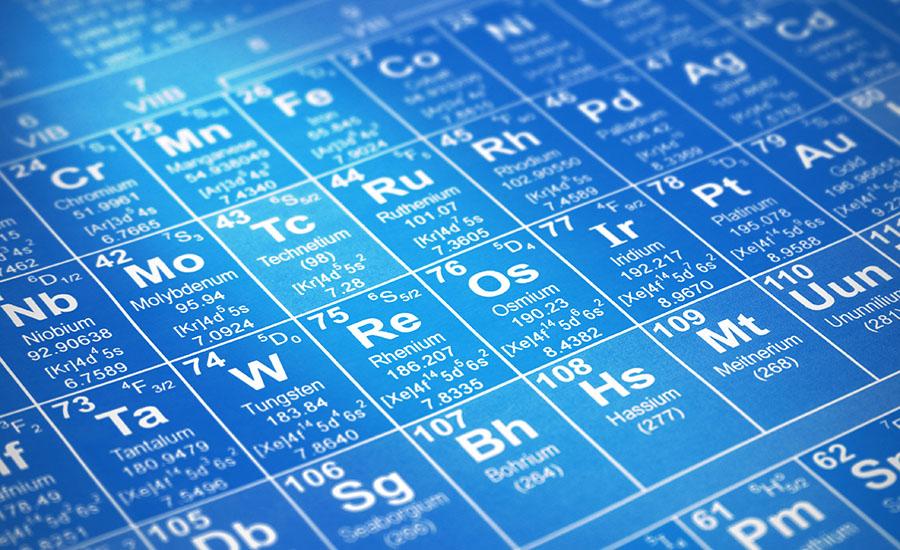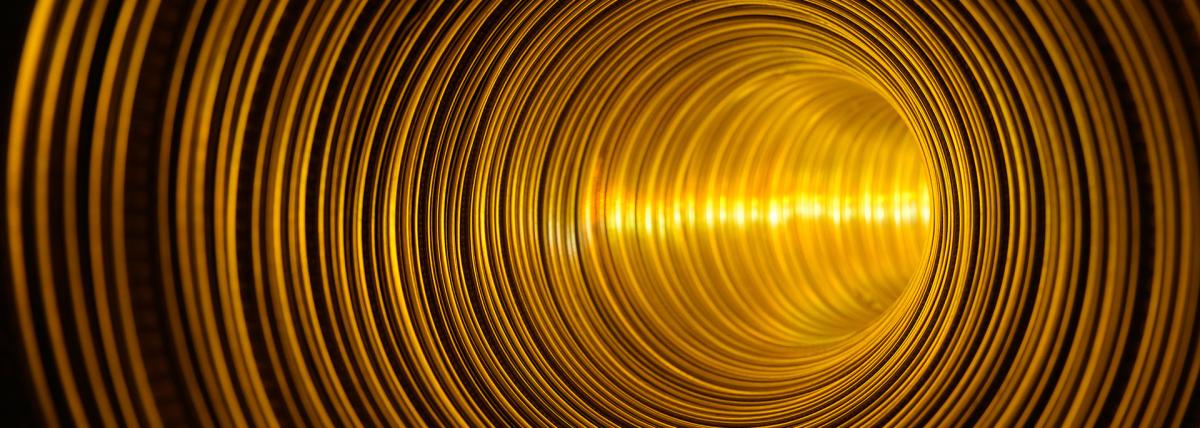
Exploring Hydroponics
by Nidhi Mehta
Using the Introduction to Hydroponics lab, introduce students to the features of the Hydroponic Systems. Students will explore the different types of grow mediums and grow lights used in the systems. And students will constantly monitor and adjust pH levels of the nutrient solution.
Lesson Plan Link/URL
https://docs.google.com/presentation/d/1kvkolXNW3-462XV67Gi58ojto4GWobAdrApzw6q…Subject Area
Science Physical Science P1: Matter P4: Energy Transfer Life Science L1: Cells L2: Organisms & Energy Technology 1. Empowered Learner 2. Digital Citizen 3. Knowledge Constructor 4. Innovative Designer 5. Computational Thinker 6. Creative Communicator Engineering S2: Apply the Engineering Design Process S3: Apply Mathematics to Engineering S4: Apply Science to Engineering S5: Apply Technology to Engineering S6: Apply Communications to Engineering S7: Apply Project Management to Engineering Mathematics Counting and Cardinality (CC) Operations and Algebraic Thinking (OA) Number and Operations—Fractions (NF) Measurement and Data (MD) Expressions and Equations (EE) Functions (F) Algebra (A) Reading (Informational Text) Writing Speaking & Listening
Featured
Off
Related Content

Grades:
10th Grade, 11th Grade, 12th Grade
This lesson plan includes activities for a full unit on Fission and Fusion, which are included in our state science standards. Students will create models of fusion and fission using a free online

Grades:
3rd Grade
SUMMARY: This lesson challenges 3rd grade students to apply their knowledge of the physics of light by having them design, create, and test an obstacle course that their beam of light must navigate

Grades:
3rd Grade, 4th Grade
Encouraging students, from a young age, to think about their interests, dreams and goals lets them see possibilities for the future. As students listen to their thoughts and put those thoughts into